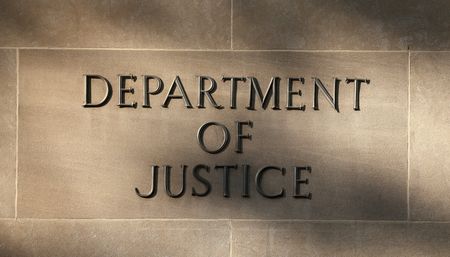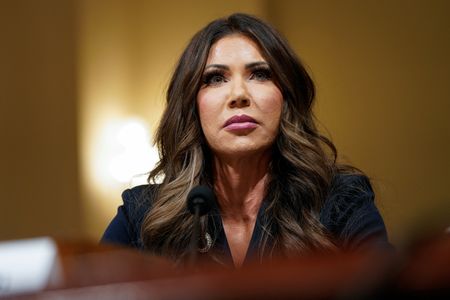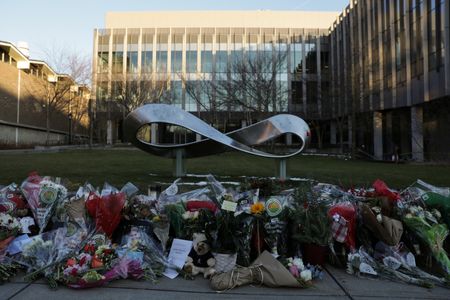By Nate Raymond
(Reuters) -Montana’s top court ruled on Wednesday the state’s constitution guarantees a right to a stable climate and invalidates laws barring regulators from considering the effects of greenhouse-gas emissions when permitting fossil-fuel projects.
The Montana Supreme Court upheld a landmark trial court decision in favor of 16 young people who said their health and futures were being jeopardized by climate change that the state aggravates through its permitting of energy projects.
The 6-1 decision, the first of its kind by a U.S.
state supreme court, came in the first lawsuit to go to trial nationwide by young environmental activists challenging state and federal policies they say are exacerbating climate change.
Chase Scheuer, a spokesperson for Republican Montana Attorney General Austin Knudsen, in a statement called the ruling “disappointing, but not surprising.”
“The majority of the state Supreme Court justices yet again ruled in favor of their ideologically aligned allies and ignored the fact that Montana has no power to impact the climate,” Scheuer said.
Youth-led lawsuits nationally have taken aim at government policies at the state and federal levels that they say encourage or allow the extraction and burning of fossil fuels, and violate the rights of young people under U.S.
or state constitutions.
While some of those cases have faltered, the youth activists scored a major victory in June when the state of Hawaii agreed as part of a first-in-the-nation settlement to take action to decarbonize its transportation system by 2045.
Wednesday’s ruling rejected Republican-led Montana’s bid to overturn District Court Judge Kathy Seeley’s 2023 decision that said the young people had a right to a clean and healthful environment under a 1972 amendment to Montana’s constitution that required the state to protect and improve the environment.
“Montana’s right to a clean and healthful environment and environmental life support system includes a stable climate system,” Chief Justice Mike McGrath wrote for the majority.
The state had argued the young people lacked legal standing to challenge the restrictions on agencies’ ability to consider greenhouse gas emissions when issuing permits.
But McGrath said they proved they had “a sufficient personal stake in their inalienable right to a clean and healthful environment.”
He said the young people had shown that climate change was harming Montana’s environmental life support system and “drastically” altering its water systems, air quality, glaciers and forests by increasing temperatures as well as leading to droughts, wildfires and extreme weather events.
McGrath said the constitutional provision’s drafters intended it to be a strong environmental right and would not want to provide “a free pass to pollute the Montana environment just because the rest of the world insisted on doing so.”
Nate Bellinger, a lawyer for the plaintiffs at the nonprofit Our Children’s Trust, in a statement said the ruling “affirmed the constitutional rights of youth to a safe and livable climate, confirming that the future of our children cannot be sacrificed for fossil fuel interests.”
(Reporting by Nate Raymond in Boston; Editing by Rod Nickel, Alexia Garamfalvi and Diane Craft)











